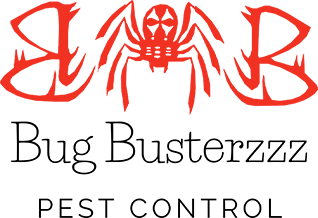Summers in Augusta, Maine are beyond compare. But if there’s one thing that gets people running back indoors, it’s a wasp sighting. Wasps are all-too-frequent visitors of Augusta homes, and between their painful stings and the potential for an allergic reaction, Maine residents are right to keep their distance from these pests.
Some properties are more attractive to wasps than others, but why? And how can Augusta families enjoy the outdoors without worrying about wasp stings? Let’s go over common area wasps and what you can do to keep them away from your home.
Wasp Identification Guide
While many people know that wasps and bees look relatively similar, there are a few key distinctions that separate wasps. Since wasps are far more likely to attack and are able to sting repeatedly, knowing what a wasp looks like will help you determine the threat associated with the next flying insect you see.
All wasps have the same general characteristics. Wasps have striped, segmented, and elongated bodies with six bent legs and body-length wings. Wasps have large abdomens (end sections) and small heads, on top of which two short antennae sit. Where bees tend to congregate near flowers and rarely rush towards people, wasps will fly just about anywhere and may zoom towards you if they see you as a threat.
There are three wasp species important to Augusta residents: the paper wasp, the baldfaced hornet, and the yellowjacket. On top of the general wasp characteristics, paper wasps grow about an inch long, have pinched waists, and are generally black and yellow. Bald-faced hornets also have pinched waists, but these wasps only grow up to ¾ of an inch, and they are usually black and ivory colored. Finally, Yellowjackets have stouter bodies, and their black and yellow bodies only grow to about ½ an inch.
Why Are Wasps Dangerous?
Wasps, like most bees, have stingers on the ends of their abdomens. Unlike bees, wasps can sting repeatedly, causing serious pain to Augusta residents.
Of course, wasps aren’t just painful insects. They can actually be highly beneficial to the environment. Wasps are pollinators, and their presence in the ecosystem helps plants grow. Additionally, wasps control insect populations by feeding on other insects. Wasps are essential to many parts of Maine’s ecosystem, so why do they become problematic for certain households?
Wasps are highly protective of their nests. If a wasp colony builds its nest on your property, and you get too close to that nest, you will get stung. Because wasps are so territorial, and because they can sting repeatedly, having a wasp nest near the house can lead to multiple painful stings. When you add in the fact that some people can have severe allergic reactions to wasps, Augusta residents should not let nests remain near their households.
Wasp-Prevention Tips
There are a few things that draw wasps to your home, and if you get rid of these attractions, wasps will be far less likely to wreak havoc near your house. You can prevent wasps by controlling the following:
- Protect trash cans and seal waste bins. Wasps will feed on anything, including trash, so keeping your waste indoors makes them far less likely to visit.
- Patch up household cracks. Wasps like to build nests in cracks and tight spaces around the house.
- Clear foliage in the yard. Bushes, trees, and piles of leaves provide potential food and shelter for wasps, so maintain these aspects of your yard regularly.
- Clear standing water. Wasps need water like any other organism, so make sure you don’t have accessible pools or puddles around your property.
Depending on your household, some of these factors might not be in your control, and even if they are, wasps still might build a nest on your property. When this happens, don’t try to deal with the nest on your own. Wasps are dangerous and aggressive, and removing a hive won’t keep them from coming back. If you’re dealing with a wasp problem, contact the wasp experts today at Bug Busterzzz, and we’ll get wasp nests off of your Augusta property in a safe and effective manner.

